Tips for good brushing
The care of the mouth begins in childhood, when our parents and guardians teach us to brush our teeth.“This habit is basic and fundamental to ensure good oral health throughout life.All oral care begins by keeping the teeth free of dental plate.Dental pieces and gums need a daily brushing to avoid caries and gum problems, ”Bruno Ruiz Gómez, periodontologist and implantologist of the EOS Dental Clinic, explains to CuidatePlus..
As a periodoncist, he points out that he observes how complicated it is for some patients to keep their teeth correctly clean."This simple appearance is crucial to keep your teeth all your life.In addition, at present, we know the direct relationship between the health of teeth and gums with the heart, diabetes, cerebral vascular accidents, Alzheimer's disease and even some types of tumor lesions.That is why controlling the presence of bacteria with good brushing is so important ”.
For Leonor Martín-but Muñoz, vice president of the Professional College of Dental Hygienists of Madrid, there is no doubt that daily dental brushing is the best mechanism for mechanical elimination of the bacterial plaque or dental biofilm, as well as food remains.In this way, the main pathologies that affect teeth and gums are controlled -Dental Caries and Periodontal Diseases -.According to the World Health Organization (WHO), between 60 and 90 percent of schoolchildren and almost one hundred percent of adults have tooth decay and serious periodontal diseases affect 15 or 20 percent of adults in adults middle Ages.This causes premature loss of teeth;Alterations in chewing and, consequently, in food;halitosis (bad breath), and phonetic alterations.In short, it can affect our physical and psychosocial well -being.
How often and for how long?
The current recommendations tell us that at least two daily brushes must be made, one after breakfast and one after dinner, with a minimum duration of two minutes each of them.“The frequency of brushing is as important as the time that is invested in performing it.Therefore it is advisable to objectively control how long we invest in each of our brushes, ”says the hygienist.
In EOS dental clinic we insist that brushing a mouth correctly is a matter of time.Doing doing fast will not allow to clean all areas well, especially when the teeth are badly aligned or there are spaces between teeth that hinder their hygiene.Each case is different, but never less than two minutes to ensure that brushing is effective and eliminates a large amount of plate.
Dedicating just a few minutes to our oral health is fundamental and it is a matter of daily habits.Plate formation around teeth, dental implants or prostheses is inevitable, it is a biological process and starts just after brushing us.Therefore, we must repeat it several times a day.Do so after breakfast, food and dinner is a good practice.Being very important to brush exhaustively before going to sleep.
Practical issues
Should we wet the brush before washing your teeth?
The vice president of the Professional College of Dental Hygienists of Madrid makes the following reflection: “It was thought that when the toothbrush was wetting, the capillarity of its filaments could decrease and, therefore, the effectiveness of brushing could be compromised.But the truth is that it is a concept that currently does not have a solid scientific evidence, and we can direct it to a comfort of people when brushing, that is, that it is more or less pleasant to wet the brush before using it ”.Yes we have to take into consideration that there are some dentifrices, adds the expert, whose indication is that they are wet before use.Here patients can seek advice on their dental hygienist to know this type of indications and know their most appropriate use to obtain the greatest therapeutic action.
Can you brush without toothpaste?
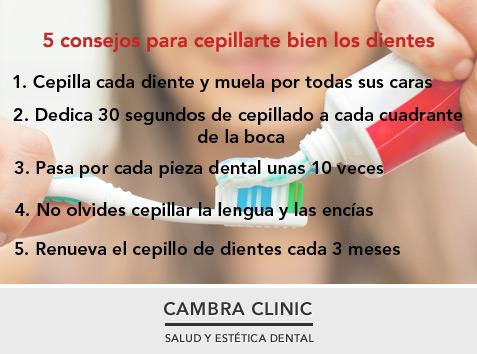
Indeed, Martín-but confirms, “if we don't have toothpaste, we can wash each other without it;This will always be better than not doing it.However, toothpaste provides, among other elements, fluoride, which reduces tooth decay around 24 percent ”.
In Ruiz's words, "the rubbing by itself is the main action -impressible and necessary -while the toothpaste and mouthwashes help the work of the brush, providing benefits".
Tin fluoride is a component of certain dentifrices that provides all the benefits associated with fluorine, to which anti -navigity, antierosion and antibacterial properties are added that help optimize the effect of brushing, both on dental health and on gingival.
Are all brushes able to remove the dental plate?
To this issue, Martín-but answers that initially yes, but we find nuances, since, both for patient safety and for the effectiveness of dental brushing, brushes must have minimal requirements, such as head size (it must beappropriate to the patient's age), that the filaments are with rounded endings and that is a brush appropriate to the physical and cognitive characteristics of the person who will use it.Currently, scientific evidence indicates that rechargeable electric brushes are more effective in eliminating bacterial plaque or dental biofilm than manual brushes.
"The best way to know what is the indicated brush for each one is to seek the advice of dental professionals, in this field the dental hygienists are experts and can inform us about the most appropriate brush for us," specifies.
"A brush is effective for two reasons: how it is designed (shape, size, type, number and disposal of sows) and how we move it or how it moves if it is electric," says the periodoncist.“On numerous occasions I speak with my patients and advise them to buy really effective brushes, that they bet on electric brushing, but always with electric brushes designs that are truly effective when cleaning flat surfaces of the tooth, such as interproximal areas (among theteeth), where the brush costs to arrive ".
How to know that you have to renew the brush?
"The toothbrush is not forever, wears and deteriorates, losing its effectiveness," says Ruiz.As a general rule, brushes must be renewed every three or four months.
Some brushes have incorporated coloration changes in the bristles that indicate when you should stop using.As a recommendation, if we observe a brush with open or deteriorated bristles, it is a reason for change.When in doubt, it is best to discard it and enjoy the advantages of a new one.
What is the most effective brushing technique?
If a manual brush is used
This will depend on the patient's age.Taking into account that the current recommendation for the beginning of dental brushing is when the first tooth raffles, we can say that the brushing technique must evolve with the person, their age, its physical and cognitive characteristics;In short, we can say that technical should be individual.
In general, says Martín-but, an adequate technician of brushing is the one that cleans both the teeth and the gums, must be effective in the elimination of bacteria and food remains, but avoiding damaging the structures.Therefore, it is very important to control excess strength in brushing, and, of course, its minimum duration must be two minutes.
The EOS Dental Clinic Periodontics team recalls that when we wash ourselves with a manual brush we must make movements from the gum to the tooth with a slight inclination.In this way we will brush the area where the tooth ends and the gum begins, which is where more plaque is accumulated.Carrying out circular movements helps us not to leave any unleading area.At the end of manual brushing we must put the brush vertical to clean the anteroinferiors teeth.This region requires ending these vertical movements to remove the accumulated plate in interdental spaces.
If an electric brush is used
All rechargeable electric brushes are not equal and scientific publications support oscillating-strategational brushes such as those that have the greatest charge of evidence in favor of their effectiveness.For this reason, these types of brushes are the most recommended by dentists and dental hygienists.With them the technique to be used is very simple, since the brush already makes the movement that adapts to the gum and tooth limit.We just have to place the brush in parallel to the ground and support it against the side of the teeth to the gum level including 1 or 2 millimeters of it, keep the head for a few seconds (at least 5) before advancing to the next tooth.It is not necessary to press or rub, because the brush technology performs the necessary movements with the appropriate pressure.We must guide the head of the brush following the natural curve of the teeth and gums.
Ruiz states that state -of -the -art electric brushes require less precautions.They do all work in an ultra effective way.We just have to move from tooth tooth, without barely pressure.We will move from a dental piece to another paying attention to the fact that they spend enough time from the outside, inside and above each tooth.With the oscillating-control-electrical brushes we just have to worry about going through all the surfaces of the mouth's teeth for a sufficient time, as simple as this, that is why its effectiveness is greater with respect to manual brushing.
Frequent doubts about the electric brush
What are the most recommended heads?
From the point of view of Ruiz, the head of an electric brush must be small, not larger than the size of a tooth, round and with a arrangement of cross bristles."It is essential that you have enough power so that in rotation and pulsation movements I clean the interproximal zone (between the teeth), which is the most complicated and where they frequently appear serious problems in the gums".
From what age a child can use electric brush?
Experts comment that there are rechargeable electric brushes designed to start using at 3 years of age.They are very motivating tools for children, so they can help implement the daily brushing habit in the little ones.In addition, the mandatory review of the brushing that must make an adult is much more comfortable and effective if performed with rechargeable electric brushes.
Fara Yeste Ojeda, an orthodontist from EOS Dental Clinic, insists on recommending to parents that “children should see how they and their older brothers brush their teeth to strengthen the habit of hygiene and dental care so important at these early ages of life".

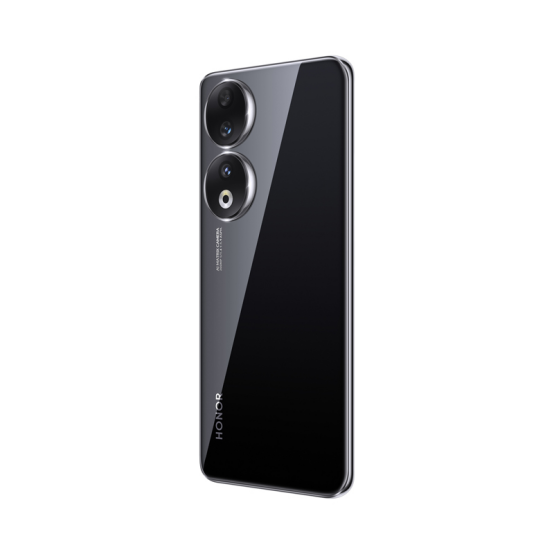
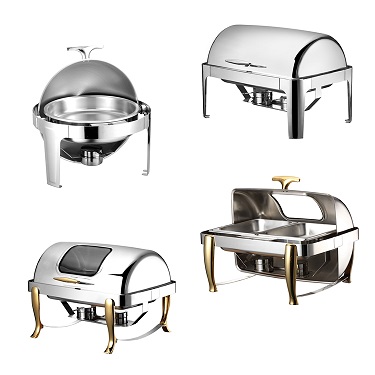
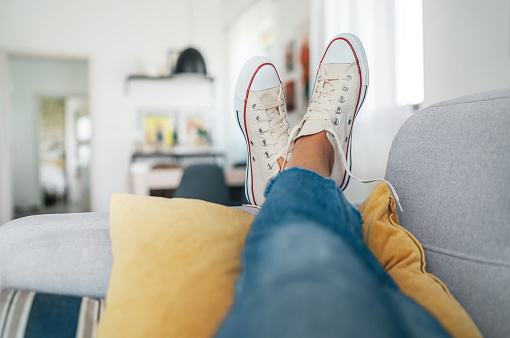
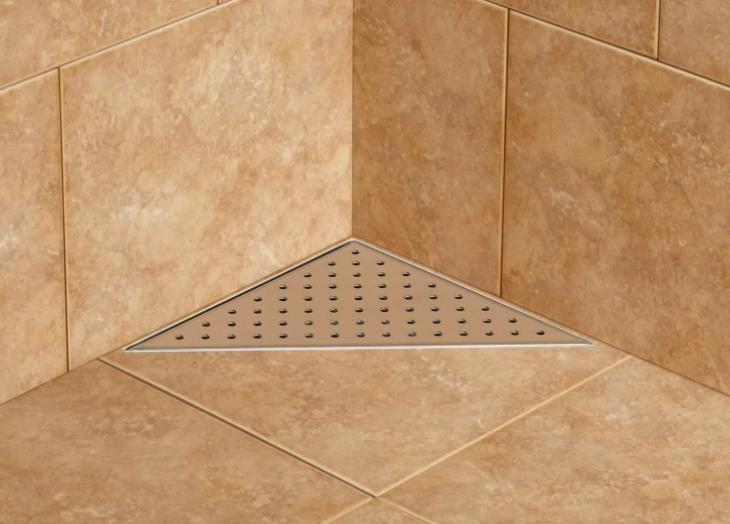
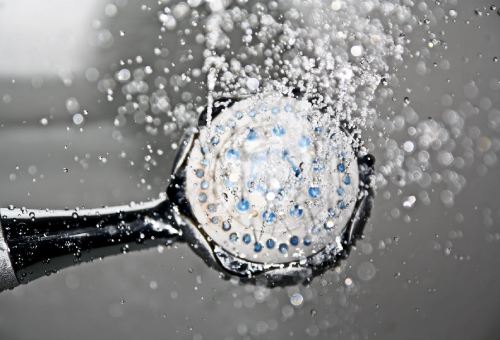


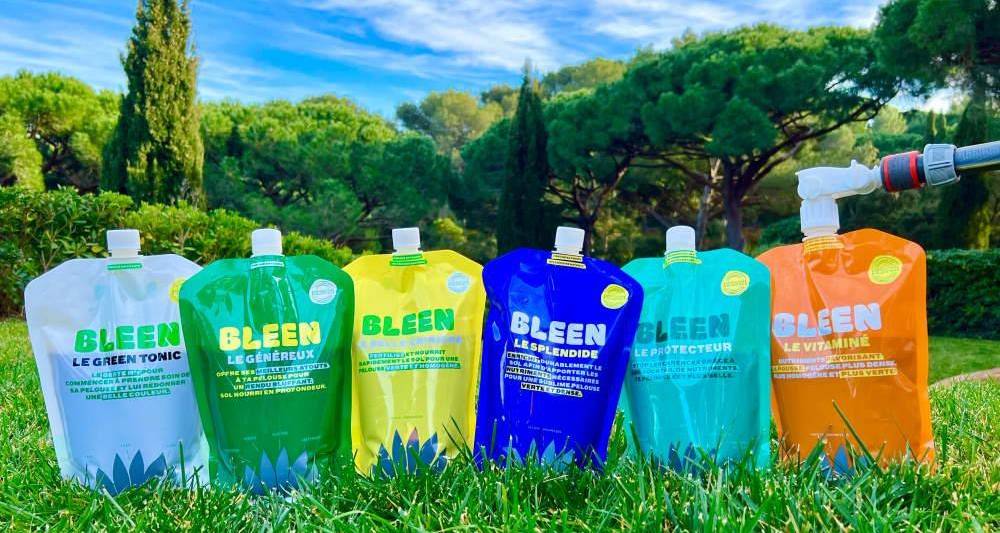
3976